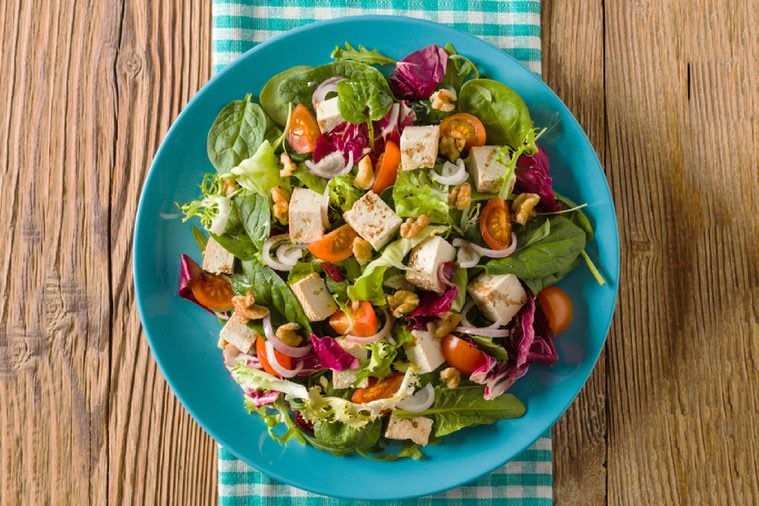
The right way to eat
The basics of a healthy diet don’t change much from the day you’re born—but you change. And while nutrient-rich breast milk or formula gives a baby everything it needs to grow and thrive, once we’ve tackled solid food, most of us don’t think too much about what specific nutrients will keep our bodies at peak health throughout the rest of our lives. Eating healthy starts with lean protein, fresh produce, and healthy fats. But research shows that other specific nutrients, vitamins, and minerals can gain importance depending on what decade you’re entering, and men and women have different nutritional needs. We tapped the experts and rounded up the latest research to find the ideal diet for every age.
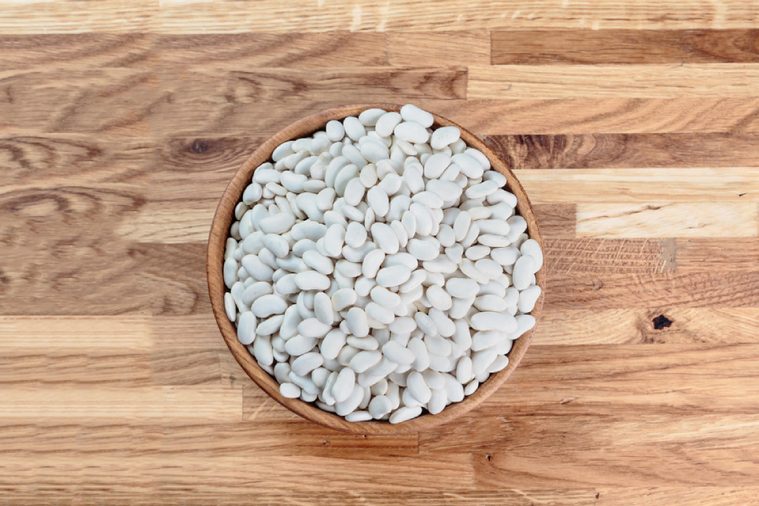
In your 20s: Iron
“Eating a complete and balanced diet is important in your 20s and will help you form long-lasting, healthy habits,” says registered dietitian Abby Sauer, MPH, a nutritionist with Ohio-based healthcare company Abbott. “But there are a few nutrients that we often miss the mark on during this time in our lives.” Iron plays a critical role in helping your red blood cells transport oxygen to all of the tissues in your body, and both men and women often fall short of the recommended guidelines. Women in particular need to consume more iron to make up for what’s lost each month during menstruation. Additionally, many women are entering their childbearing years in this decade, and pregnancy can increase the amount of blood in your body—and your corresponding need for iron—by about 50 percent. Try these foods that are surprisingly high in iron.
Get more: Meat, legumes, nuts, white beans, dark, leafy greens, and tofu.
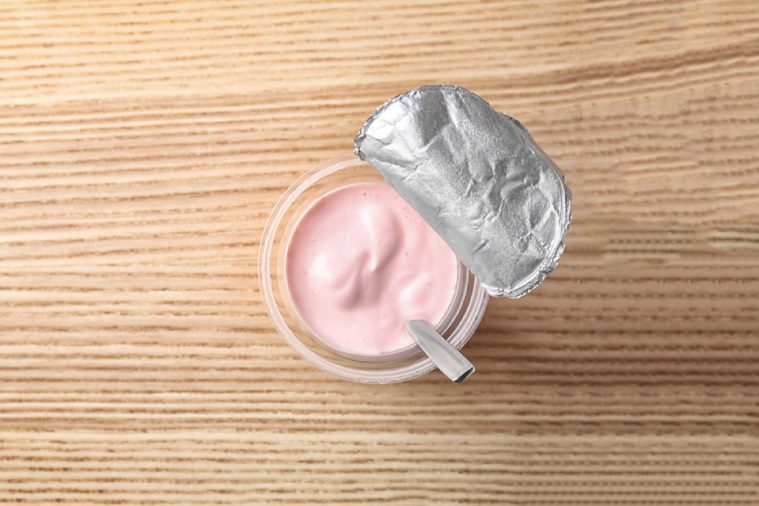
In your 20s: Calcium
You need this essential mineral for building bone, and believe it or not, bone loss starts in your 20s, says registered dietitian Keri Gans author of The Small Change Diet. Calcium is key for preventing osteoporosis and other related disorders down the line.
Get more: Yogurt or any dairy product (most pros recommend reduced-fat dairy to keep calories and saturated fat in check), fortified orange juice, leafy greens, and broccoli. Check out these other 13 superfoods all women should eat.

In your 20s: Folate
These B vitamins should be a priority in every young woman’s diet, Sauer says. It’s not only essential to a baby’s growth if you get pregnant, but research has found that how much you consume years, and maybe even decades, earlier can affect your fertility.
Get more: Asparagus, brussels sprouts, and dark, leafy greens like spinach. On the other hand, avoid the food you should cut down on when pregnant.
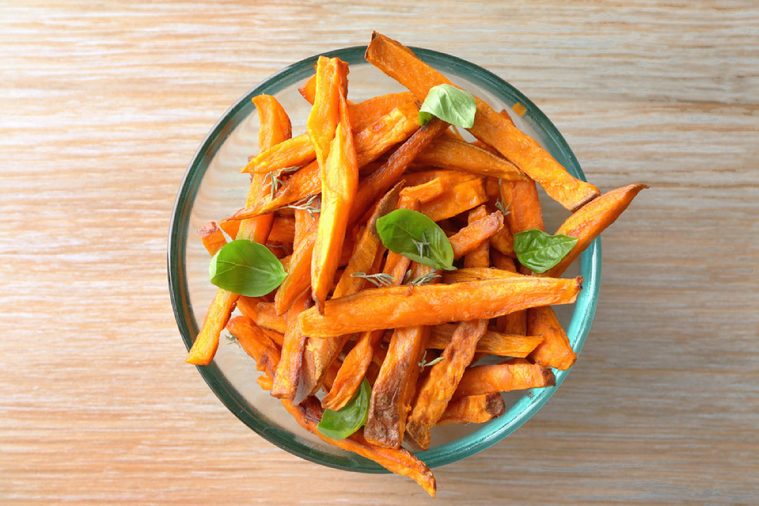
In your 20s: Potassium
This is another mineral that many men and women fall short on when they’re in this decade of their lives, according to USDA data. This mineral plays many important roles in the body, including helping with bone density, regulating fluid balance, and keeping blood pressure in check.
Get more: Bananas, avocados, sweet potatoes, and these 10 foods with more potassium than a banana.
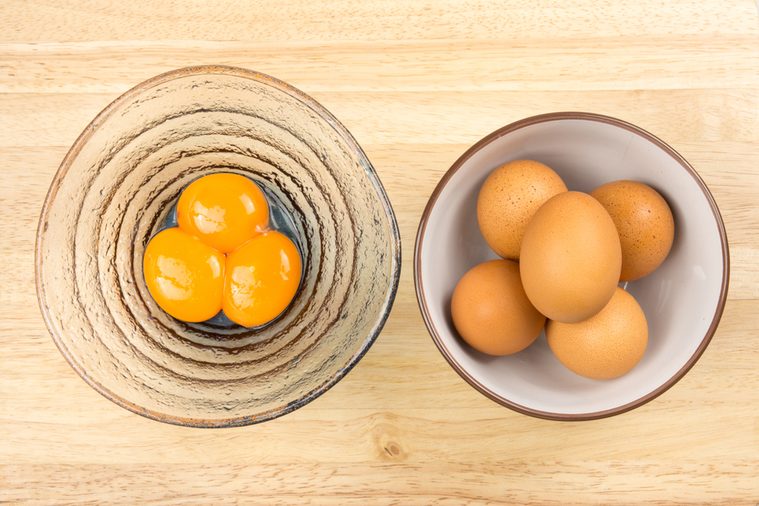
In your 30s: Choline
“Men and women in their 30s are starting to feel the effects of aging, and we are more aware of the impact that unhealthy foods have on the body or how long it takes to recover from a hard workout,” says Sauer. As your metabolism is starting to slow down, it’s not only what you eat but how you are eating. Try eating smaller, more frequent meals throughout the day to rev up your metabolism. Also, make sure you’re staying hydrated. Not hitting your water goals can impact your energy levels and your metabolism, leaving you extra sluggish. Like folate, choline can help prevent birth defects. If you’re a woman who is trying to get pregnant, getting enough choline is critical, says Gans.
Get more: Eggs (especially the yolks) and salmon, but ask your healthcare provider if you should consider taking a supplement. Here are more of the healthiest foods to eat in every decade of your life.
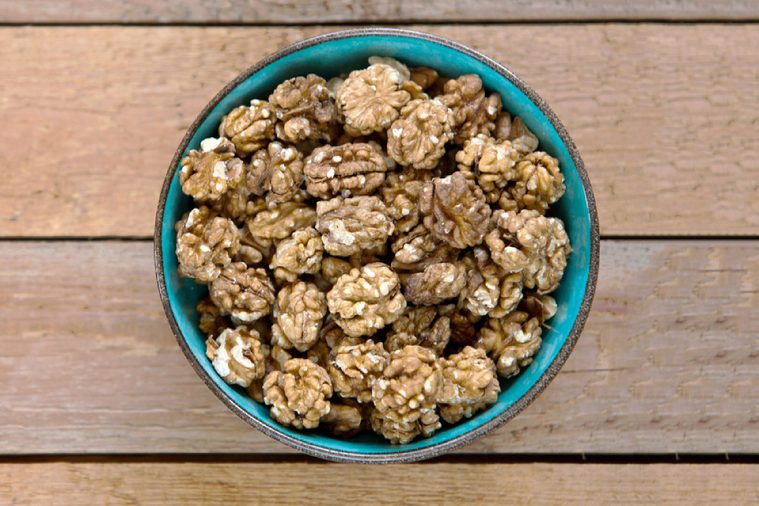
In your 30s: Monounsaturated fats
Testosterone, which helps maintain sex drive, starts to wane in this decade, but these men who eat more of these healthy fats seem to maintain higher testosterone levels.
Get more: Walnuts, almonds, peanuts, olive oil, and avocado.
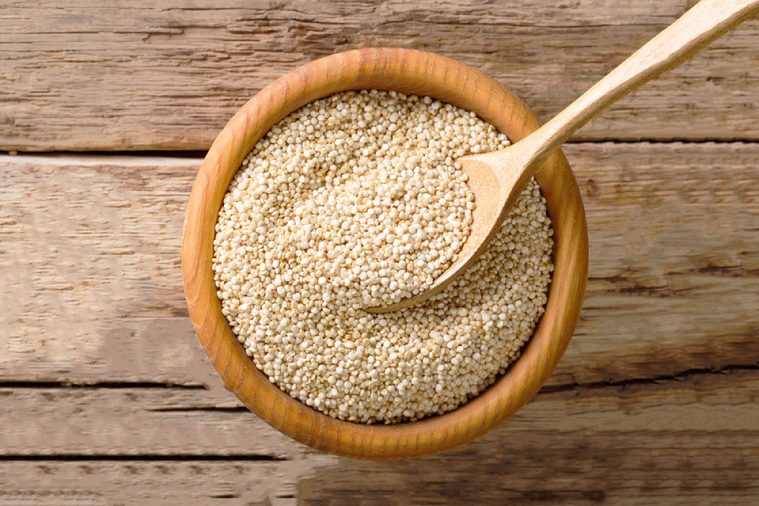
In your 40s: Protein
“One aging factor that is rarely discussed is your muscle health,” says Sauer. “Starting at age 40, you can lose up to 8 percent of muscle mass each decade. This number increases further with age, or during an injury or illness. Advanced muscle loss, known in the medical community as sarcopenia, can impact your strength and energy, as well as your mobility.” Protein is vital for keeping your energy and strength with age. Both men and women need it to build and maintain metabolism-fueling muscle. Don’t miss these other 13 diet changes everyone should make in their 40s.
Get more: Lean sources are best: Chicken, lean beef, fish, beans, even quinoa.
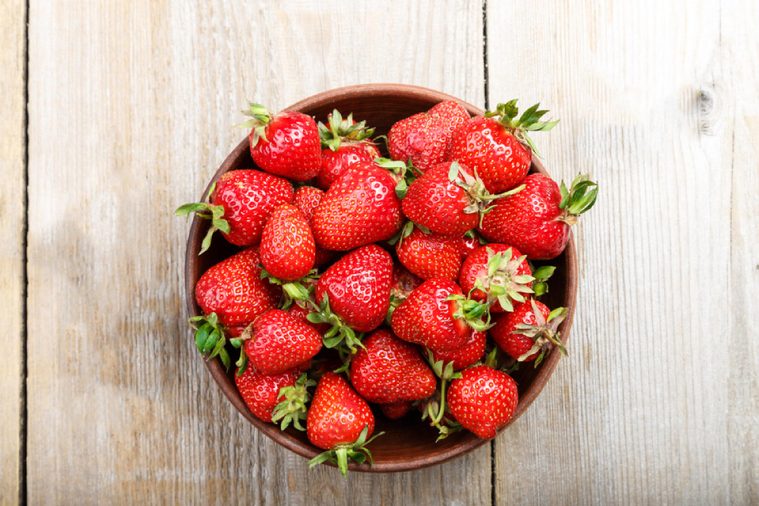
In your 40s: Vitamins C and E
Like it or not, your skin and joints will start to exhibit the signs of aging this decade. Wrinkles from sun damage and aching joints may just be beginning, but now is the time to fight them off. Vitamin C is a potent antioxidant on its own, which means it fights off the free radicals that damage tissue and contribute to aging. The nutrient also helps your body make collagen, a protein that gives your skin its elasticity, says Gans. Vitamin E is another powerful antioxidant that helps protects skin from sun damage.
Get more: Berries, citrus, and broccoli (vitamin C), and vegetable oils, nuts, and seeds (vitamin E). Try these other foods that prevent wrinkles.
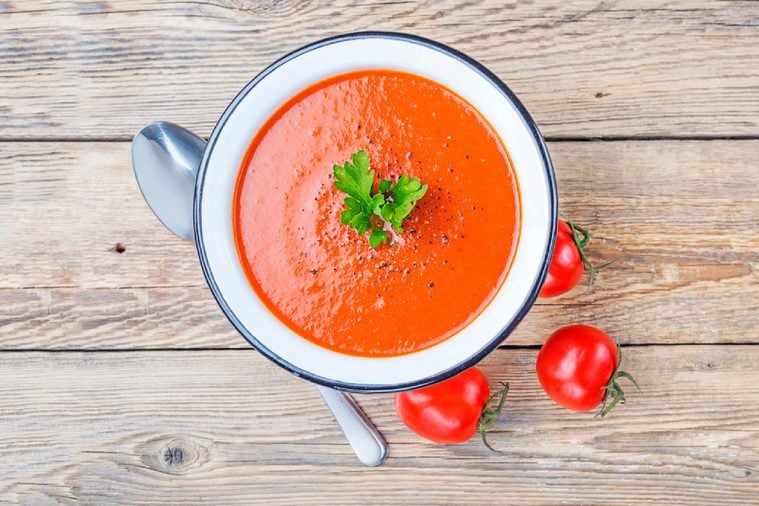
In your 50s: Lycopene
Protein remains important, especially because more than one in three adults over 50 aren’t even meeting the minimum protein recommendations, according to the latest National Health and Nutrition Survey data from researchers at Abbott and the Ohio State University. But this is also the age at which you’ll start wanting to safeguard yourself against diseases. Lycopene is a compound in tomatoes that has been shown to reduce prostate cancer in men. Here’s what to know about the best diet for women over 40.
Get more: Cooked tomatoes and tomato products like sauces, which make lycopene more readily available to the body.

In your 50s: Healthy fats
Omega-3 fatty acids might help reduce the kind of inflammation that raises the risk of heart disease, which remains the top killer of both men and women.
Get more: Nuts, olive oil, avocado, and fatty fish such as salmon. These 12 anti-aging foods can add years to your life.

In your 50s: Lutein
This carotenoid promotes eye health. Now is the time when cataracts may start forming, so taking care of your peepers is a smart strategy. Just stay away from these 15 foods you should never eat after age 40.
Get more: Carrots, egg yolks, and dark, leafy greens such as spinach and kale.

In your 60s: Fiber
Important your whole life, fiber is especially critical once you enter your 60s because your digestive system slows down as you age, says Bonnie Taub-Dix, RDN, creator of betterthandieting.com and author of Read It Before You Eat It: Taking You From Label to Table. And because people in their 60s and beyond tend to be less active and take prescription medications that can affect digestion, they’re more likely to suffer from constipation. A fiber-rich diet has also been shown to be good for your heart.
Get more: Whole grains, beans, and oats, plus plenty of water. While you’re at it, avoid these 10 foods that make you look and feel older.
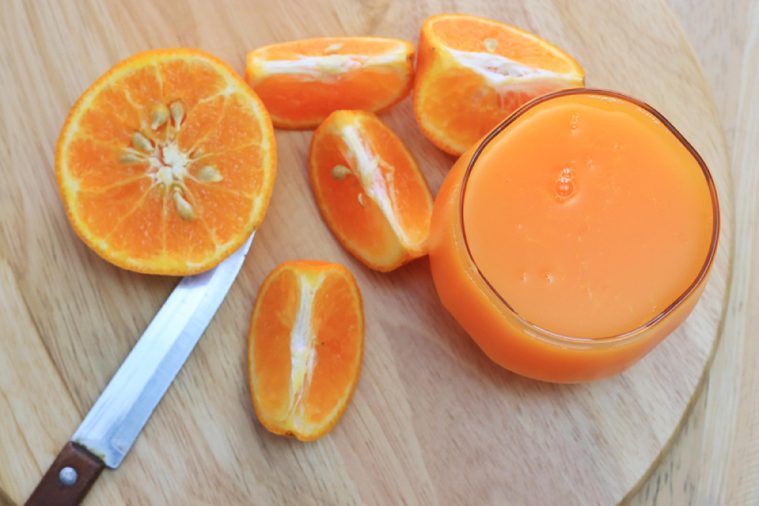
In your 70s: B6 and B12
At this age, making sure you get enough calories, period, is crucial. But as the production of stomach acid decreases with age, you’ll have a tougher time absorbing critical nutrients, such as vitamins B6 and B12, according to registered dietitian Amy Long Carrera, MS, of Shield Healthcare. These nutrients help keep your nervous system healthy, your metabolism humming, and your immunity strong. Watch for these 11 silent signs of vitamin B12 deficiency.
Get more: Chicken, fish, potatoes, and fruit (vitamin B6), plus eggs, fortified orange juice, milk, and cheese (vitamin B12).
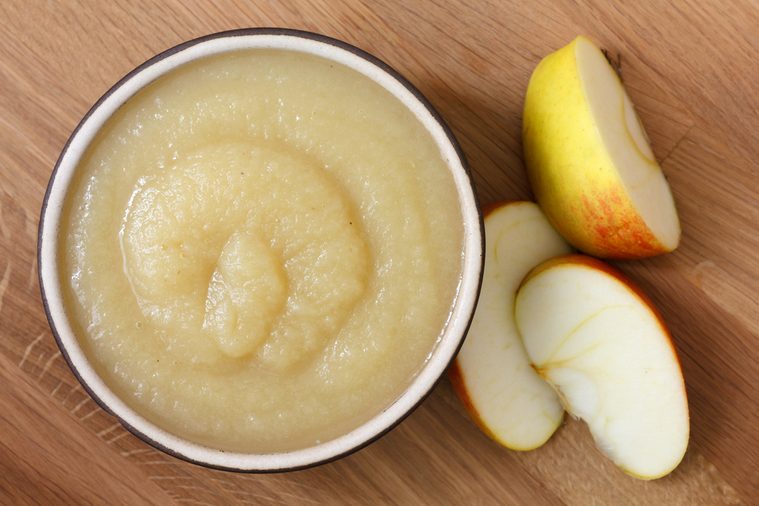
In your 80s: Keep enjoying healthy food
For some people, chewing will become more difficult, and interest in food may begin to wane. Again, you want to be sure to continue to get adequate calories. You might want to discuss with your doctor whether you need supplements to make up potential shortfalls. Find out what 100-year-olds really eat to live longer.